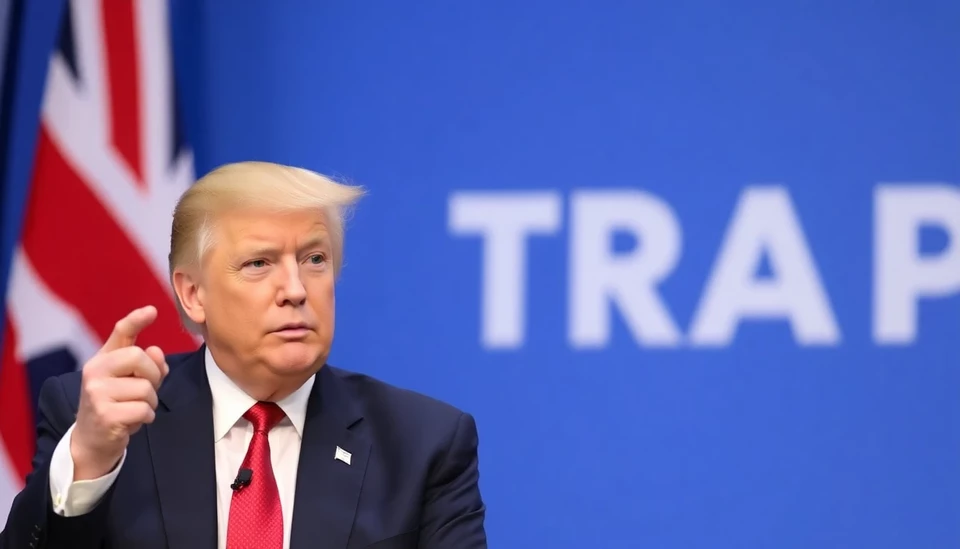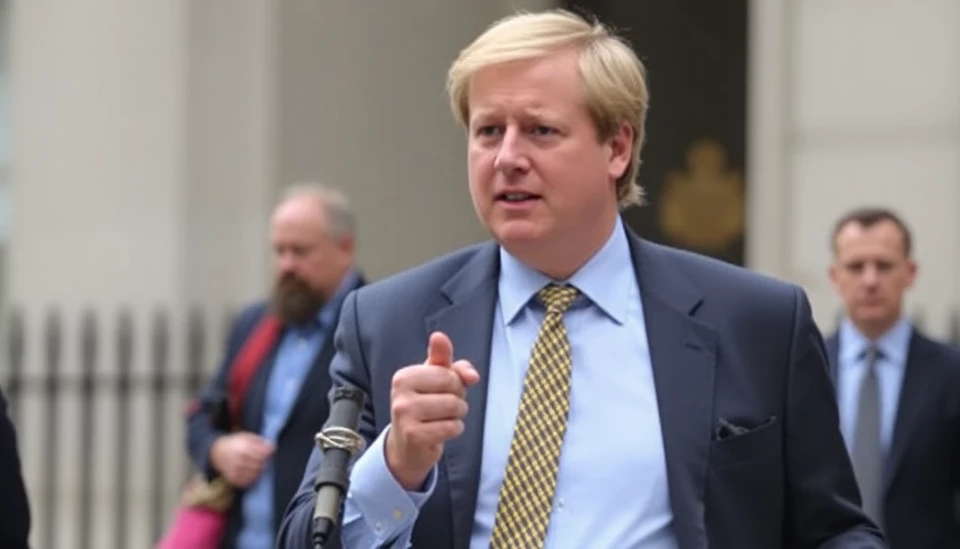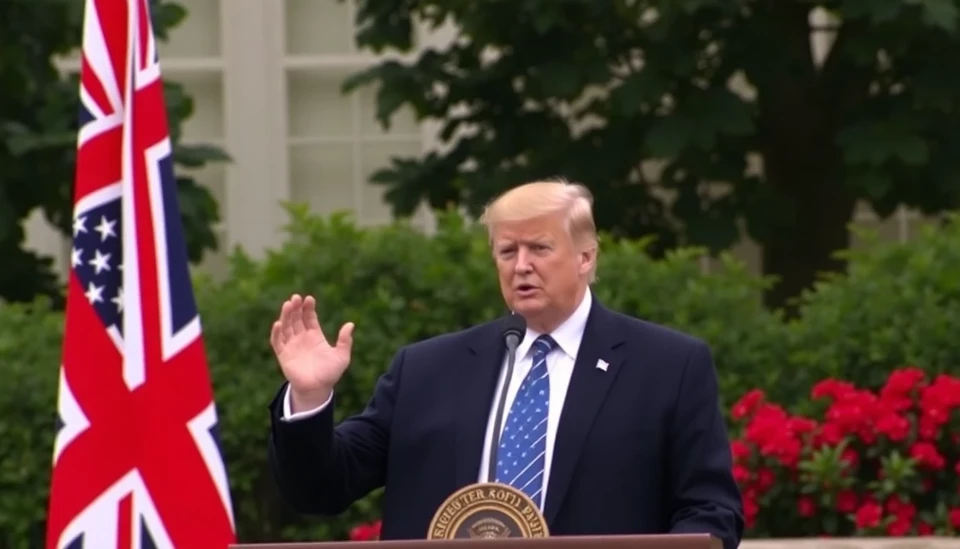
In a recent address, Keir Starmer, the leader of the UK’s Labour Party, outlined a series of ambitious proposals aimed at fortifying British businesses against the looming threat of escalating tariffs. Starmer’s declarations come at a time when the economic outlook for many sectors remains precarious, primarily due to ongoing global trade tensions and the impact of Brexit.
Starmer emphasized the necessity for the UK to adopt a proactive stance. The leader articulated that without significant policy changes, British enterprises could face dire consequences from fluctuating tariff rates that threaten to undermine market competitiveness. He identified key areas where the government must take action to bolster trade resilience, specifically focusing on sectors that are most vulnerable to such economic disruptions.
Among the proposals poised for discussion are enhanced support mechanisms for export-oriented businesses, including financial grants and advisory services tailored to help firms navigate international markets. Starmer also indicated that fostering close relationships with both domestic and global partners would be pivotal in ensuring the continued growth of UK businesses abroad.
Furthermore, Starmer criticized the current government's handling of trade agreements, stating that their approach lacks the strategic vision required to safeguard the UK’s economic interests in an increasingly interconnected world. He pointed out the importance of negotiating favorable trade conditions that would not only protect existing industries but also give rise to new sectors by investing in innovation and technology.
As part of his broader economic strategy, Starmer also mentioned plans to encourage sustainable practices among businesses. He recognized that in addition to economic stability, there is a pressing need for UK companies to engage with environmental concerns, which could play a crucial role in their long-term viability and public acceptance.
Starmer's speech has been met with a mixed response, with some analysts praising his comprehensive understanding of the current economic climate, while others remain skeptical about the feasibility of his proposals in the face of parliamentary hurdles and potential backlash from established business lobbies.
Nonetheless, the Labour leader remains committed to putting forth detailed policy frameworks aimed at invigorating the UK economy. As the country navigates these uncertain waters, Starmer’s vision may very well impact the future of British commerce.
In conclusion, Starmer’s pledges reflect a deep understanding of the challenges facing UK businesses amidst global trade disruptions and the pressing need for government intervention. With continued dialogue and legislative action, there remains a possibility for British enterprises to not only survive but thrive in a competitive international landscape.
#KeirStarmer #UKBusiness #TariffThreat #LabourParty #TradeAgreements #EconomicStrategy #ExportSupport #Sustainability #BrexitImpact
Author: Laura Mitchell




